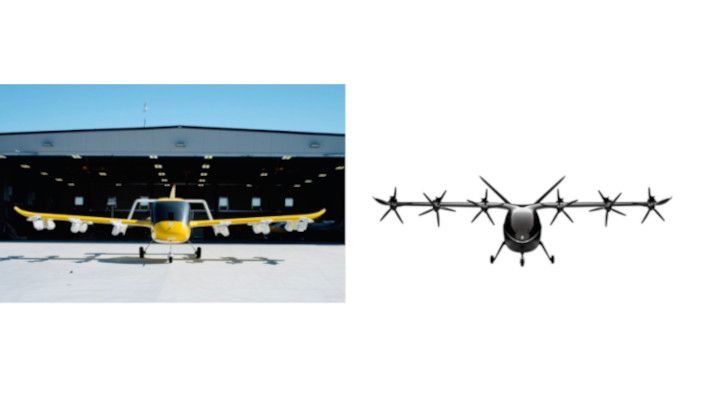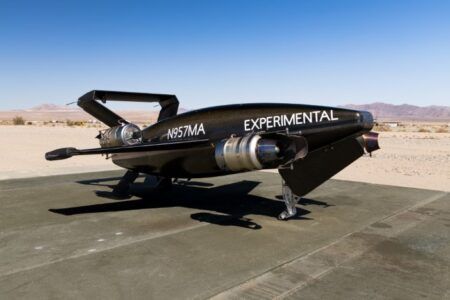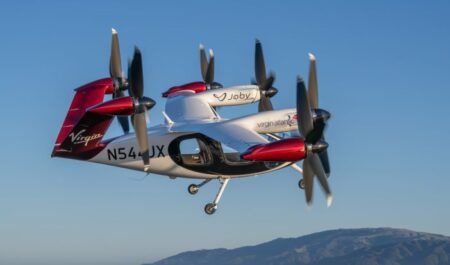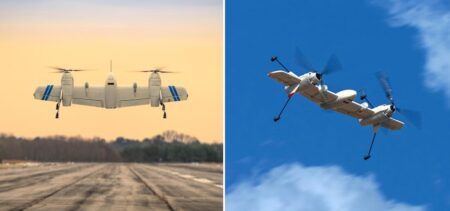eVTOL-developer Archer has stepped up its legal defence against Wisk by filing a motion to dismiss its competitor’s allegations and countersuing for unfair competition.
Documents filed in the US District Court for the Northern District of California in answer to Wisk’s lawsuit, which was filed last month against the company, state that the similar design elements between the Wisk and Archer eVTOLs are not trade secrets and that those trade secrets have therefore not been improperly used.
“Archer was free to take advantage of publicly available information, as well as to partner with third-party consultants and parts suppliers—nothing mandated that Archer try to replicate the development pathway selected by Wisk or any other competitor,” says Archer’s court motion to dismiss.
In addition, Archer has filed counterclaims for tortious interference and unfair competition alleging that Wisk has made false and unsupported public statements outside of the litigation designed to harm Archer, a successful competitor.
Archer’s counterclaim says that it “developed its 12-tilt-6 design” using an independent consultant called Flighthouse Engineering based in Portland, Oregon in September 2019 “before any former Wisk employees joined Archer”.
Archer said, “This lawsuit was filed by Wisk to impede the success of and investment in Archer and its aircraft design. This case has nothing to do with the design of Archer’s aircraft, and everything to do with the success of Archer’s business – and the failure of Wisk’s.
“Wisk and its predecessors have suffered from years of disorganization and failed design, as well as employee defections, and Wisk is now improperly attempting to weaponize the legal system to achieve through bad faith litigation what it cannot accomplish through fair competition.”
Wisk issued the following statement in response: “Archer’s filing confirms the strength of Wisk’s claims and changes nothing about the case – it contains no substantive response to the allegations Archer misappropriated more than 50 specific Wisk trade secrets that cover multiple components, systems, and designs for the aircraft.
“Tellingly, Archer cannot deny that thousands of files were stolen from Wisk by current Archer employees, which contain confidential information especially relevant to the design Archer has touted. And Archer’s filing has no plausible explanation for its development timeline.
“We look forward to proceeding with our case.”
California-based Archer plans to begin delivering its five-seat aircraft in 2024 and was founded early last year. The aircraft will have a range of 60 miles (97km), a top speed of 150mph (241km/h) and will be powered by a 75kWh battery pack.
Wisk was established in December 2019 as a joint venture between Boeing and the Kitty Hawk Corporation. Kitty Hawk, which was launched in 2015 by Google co-founder Larry Page started developing the Cora eVTOL in 2017, but can trace its technology development back to 2010 by Page’s company Zee Aero and the Z-P2 prototype.
Wisk has conducted around 1,500 flights in several prototypes The company is developing its sixth generation aircraft and flight testing in New Zealand. In November it announced a research partnership with NASA looking at ways to integrate autonomous aircraft into urban airspaces.





